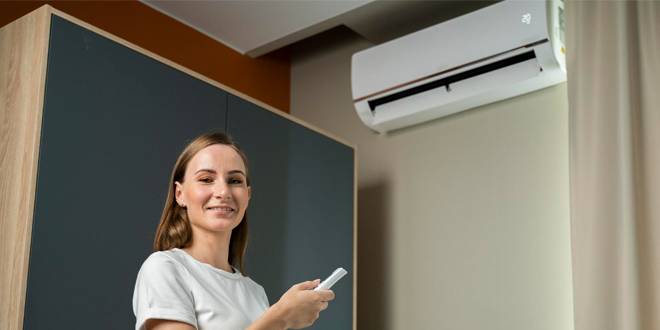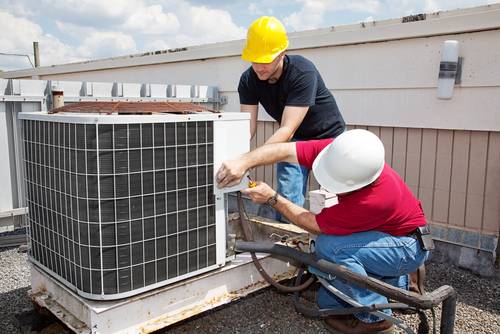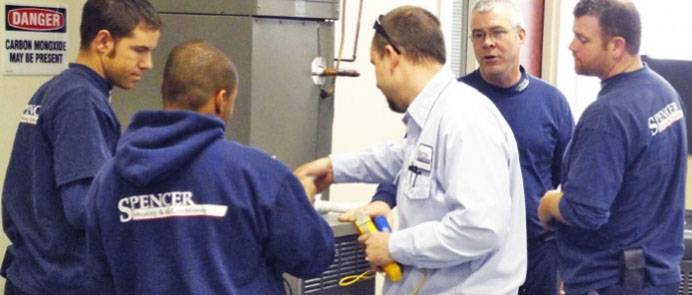
When your air conditioner stops working, it can be tempting to call a professional immediately. However, many common AC issues can be fixed with some basic troubleshooting and DIY repairs. Understanding these DIY tips can save you time and money while ensuring your home or business stays cool. In this blog post, we’ll share essential AC repair tips you can try before reaching out to the experts.
Key Points Covered
- Common DIY AC repair tips
- Tools you’ll need
- Safety precautions
- When to call a professional
- Comparative analysis: Preventive maintenance vs. reactive repairs
- Common myths about AC systems
- Frequently asked questions
Common DIY AC Repair Tips
Here are some common AC problems you might encounter and the steps you can take to fix them:
- Check and Replace the Air Filter:
- A dirty or clogged air filter can restrict airflow and cause your AC to work inefficiently. Check the air filter monthly and replace it every 1-3 months, depending on usage. This simple step can improve airflow, increase efficiency, and extend the life of your AC unit.
- Clean the Coils:
- Both the evaporator and condenser coils collect dirt over time, which can reduce your system’s efficiency. Clean the coils annually to maintain optimal performance. You can use a soft brush or vacuum cleaner to remove dirt and debris from the coils.
- Inspect the Thermostat:
- Ensure your thermostat is set to the correct temperature and functioning properly. If it’s battery-operated, replace the batteries regularly. Consider upgrading to a programmable thermostat for better temperature control and energy savings.
- Check the Circuit Breaker:
- If your AC isn’t turning on, check the circuit breaker. Sometimes, the breaker can trip due to power surges or overloading. Reset the breaker and see if the unit powers up. If it trips again, you may have a more serious electrical issue that requires professional attention.
- Clear the Drain Line:
- A clogged condensate drain line can cause water to back up and leak from your AC unit. Use a wet/dry vacuum to clear the clog. Regularly pour a mixture of water and vinegar down the drain line to keep it clear of algae and mold buildup.
- Inspect and Tighten Electrical Connections:
- Over time, electrical connections can become loose, causing your AC to malfunction. Inspect all connections and tighten any loose ones. Always turn off the power to your AC unit before performing any electrical work.

Tools You’ll Need
To perform these DIY repairs, you’ll need a few basic tools:
- Screwdrivers (both flathead and Phillips)
- A soft brush or vacuum cleaner
- Replacement air filters
- A wet/dry vacuum
- A multimeter for checking electrical connections
- A programmable thermostat (optional)
Safety Precautions
Before you start any DIY repairs, keep these safety tips in mind:
- Always turn off the power to your AC unit before performing any maintenance or repairs.
- Wear appropriate protective gear, such as gloves and safety glasses.
- Be cautious when handling electrical components and ensure you understand the process before beginning.
- If you’re unsure about any step or encounter a problem you can’t fix, call a professional.
When to Call a Professional
While DIY repairs can resolve many common issues, some problems require professional expertise. Call a professional if:
- Your AC continues to malfunction after performing basic troubleshooting.
- You suspect a refrigerant leak, which requires specialized handling.
- You hear unusual noises or notice strange odors coming from your unit.
- Your system’s electrical components need repair or replacement.
Spencer Air Conditioning & Heating offers comprehensive residential and commercial services, ensuring your AC system is in expert hands.

Preventive Maintenance vs. Reactive Repairs
| Aspect | Preventive Maintenance | Reactive Repairs |
| Cost | Lower long-term costs | Higher long-term costs |
| Frequency | Regular, scheduled intervals | As needed, typically when problems arise |
| Downtime | Minimal, planned during non-peak times | Potentially significant, unplanned outages |
| System Lifespan | Extended lifespan due to proactive care | Reduced lifespan due to delayed fixes |
| Efficiency | Maintains high efficiency | Reduced efficiency due to neglected issues |
| Peace of Mind | High, knowing system is well-maintained | Low, uncertainty about future breakdowns |
Common Myths About AC Systems
- Myth: Bigger AC units are always better.
- Fact: An oversized AC unit can cycle on and off too frequently, reducing efficiency and increasing wear and tear. It’s important to choose the right size unit for your space.
- Myth: Setting the thermostat lower cools the home faster.
- Fact: Lowering the thermostat temperature won’t cool your home any faster. It simply makes your system work harder and could lead to excessive energy use and wear.
- Myth: Air filters only need to be changed once a year.
- Fact: Depending on usage and environmental factors, air filters should be changed every 1-3 months to maintain efficiency and air quality.
- Myth: Closing vents in unused rooms saves energy.
- Fact: Closing vents can create pressure imbalances and make your system work harder, potentially causing damage. It’s better to keep vents open and ensure proper airflow throughout your home.
- Myth: Maintenance is unnecessary for new AC units.
- Fact: Regular maintenance is crucial for all AC units, regardless of age. Preventive maintenance helps identify potential issues early and keeps your system running efficiently.

FAQs
Q: How often should I replace my AC filter?
A: It’s recommended to replace your AC filter every 1-3 months, depending on usage and the type of filter. Regular replacement helps maintain airflow and efficiency.
Q: What should I do if my AC isn’t cooling properly?
A: Check the air filter, thermostat settings, and circuit breaker. If these are all in order, it might be time to call a professional to diagnose and fix the issue.
Q: Is it safe to perform AC repairs myself?
A: Basic maintenance tasks like changing filters and cleaning coils are generally safe, but more complex repairs should be left to professionals to avoid injury and further damage.
By understanding and performing basic AC repairs, you can keep your system running efficiently and save on repair costs. However, knowing when to call a professional is crucial to avoid further damage and ensure your system operates safely. For expert AC services, visit Spencer Air Conditioning & Heating’s contact page to schedule an appointment today.




